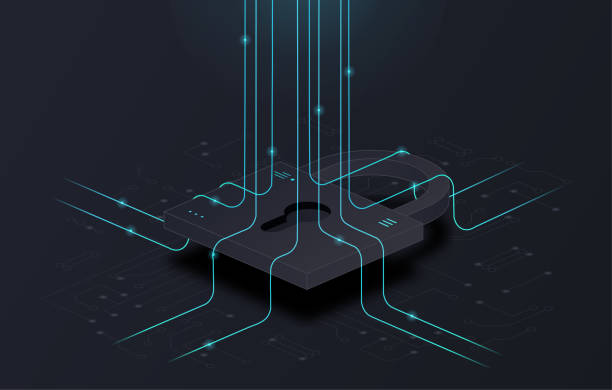Introduction:
In today's digital age, where personal information is collected, stored, and shared on an unprecedented scale, data privacy and protection have become crucial concerns. Individuals, organizations, and governments around the world are grappling with the challenges of maintaining the privacy and security of sensitive data. In this blog, we will delve into the realm of data privacy and protection regulations, understanding their significance, impact, and the measures taken to ensure the confidentiality and integrity of personal information.
Understanding Data Privacy and Protection:
Data privacy refers to an individual's right to control and protect their personal information. It encompasses the collection, usage, storage, and disclosure of data in a manner that respects an individual's privacy preferences. Data protection, on the other hand, focuses on the technical and organizational measures implemented to safeguard data against unauthorized access, loss, or theft.
The Need for Data Privacy and Protection Regulations:
With the exponential growth of data-driven technologies and the rise in cyber threats, the need for robust data privacy and protection regulations has become more evident than ever. Such regulations aim to strike a balance between facilitating data-driven innovation and safeguarding individual privacy rights. They provide a legal framework to govern the collection, use, and storage of personal data by organizations while ensuring transparency, accountability, and individual consent.
Key Data Privacy and Protection Regulations:
a. General Data Protection Regulation (GDPR): The GDPR, implemented by the European Union (EU), has had a significant global impact. It sets forth stringent requirements for organizations handling personal data of EU citizens, emphasizing consent, data minimization, purpose limitation, and individuals' rights. Non-compliance can result in hefty fines, ensuring organizations take data privacy seriously.
b. California Consumer Privacy Act (CCPA): The CCPA, enacted in the United States, grants consumers certain rights over their personal data. It mandates businesses to disclose data collection practices, provide opt-out mechanisms, and maintain reasonable security measures. It has inspired similar privacy laws in other U.S. states.
c. Personal Data Protection Bill (PDPB): India's PDPB is an upcoming comprehensive data protection legislation that aims to regulate the collection, processing, and storage of personal data. It emphasizes user consent, data localization, and accountability of data fiduciaries.
Impact on Organizations:
Data privacy and protection regulations have significant implications for organizations. They require a shift in mindset, prompting businesses to adopt privacy-by-design approaches. Organizations must implement robust security measures, conduct privacy impact assessments, and appoint data protection officers. Compliance with regulations not only avoids legal consequences but also enhances customer trust and loyalty.
Empowering Individuals:
Data privacy and protection regulations empower individuals by giving them greater control over their personal information. They provide the right to access, rectify, and delete their data, ensuring transparency in data handling practices. Individuals can also opt out of certain data processing activities, limiting the collection and use of their information.
Evolving Challenges and Future Directions:
As technology advances, new challenges emerge in the realm of data privacy and protection. These include the proliferation of IoT devices, big data analytics, and artificial intelligence. Governments and regulatory bodies must continually adapt regulations to address these challenges and ensure the privacy and security of individuals' data in an ever-evolving digital landscape.
Conclusion:
Data privacy and protection regulations play a crucial role in safeguarding personal information in today's data-driven world. They establish a legal framework that promotes transparency, accountability, and individual consent while imposing responsibilities on organizations to handle data responsibly. By empowering individuals and encouraging organizations to prioritize data privacy, these regulations pave the way for a more secure and privacy-centric digital future.
Remember, data privacy is a shared responsibility, and staying informed about regulations and best practices is vital for individuals and organizations alike. Let us strive for a world where data-driven innovation coexists harmoniously with the protection of personal privacy.
References:
GDPR - https://gdpr.eu/
CCPA - https://oag.ca.gov/privacy/ccpa
PDPB - https://meity.gov.in/data-protection-bill-and-personal-data-protection-bill-2019




0 Comments